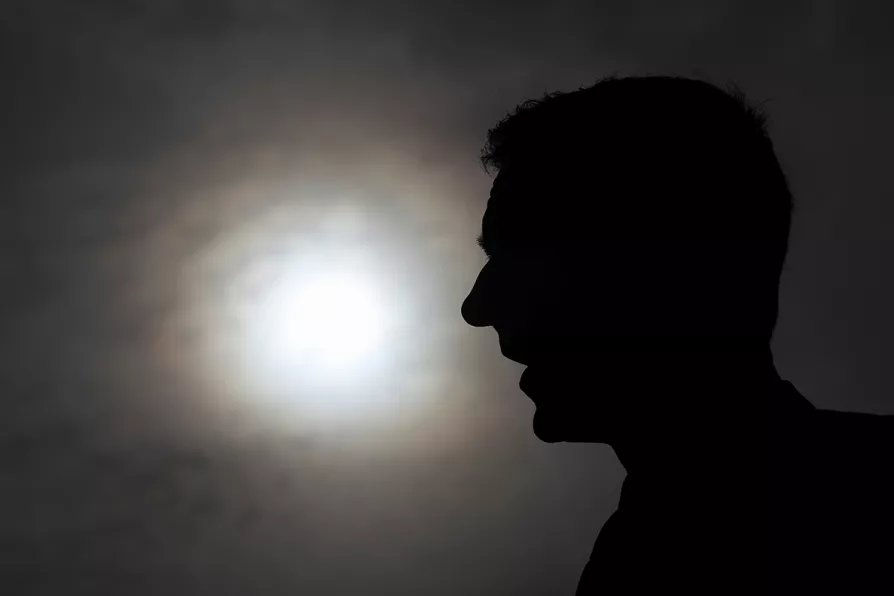
 Chancellor of the Exchequer Jeremy Hunt speaks to the media during a visit to the construction site of the Co-op Live indoor entertainment arena in Manchester, ahead of his speech to the Conservative Party annual conference at Manchester Central convention complex, October 2, 2023
Chancellor of the Exchequer Jeremy Hunt speaks to the media during a visit to the construction site of the Co-op Live indoor entertainment arena in Manchester, ahead of his speech to the Conservative Party annual conference at Manchester Central convention complex, October 2, 2023
BRITAIN is on course for the lowest benefits rates since records began, a new report found as the Tories were yesterday condemned for announcing harsher welfare sanctions in an ugly resurgence of its austerity-era “shirker” rhetoric.
Chancellor Jeremy Hunt told the Conservative conference the government is replacing the work capability assessment and examining the sanctions regime.
Save the Children UK branded his claims that 100,000 people are leaving the labour market every year for a life on benefits were based on a “complete fallacy.”

Labour urged to reform energy pricing over surprise rise in bills

















